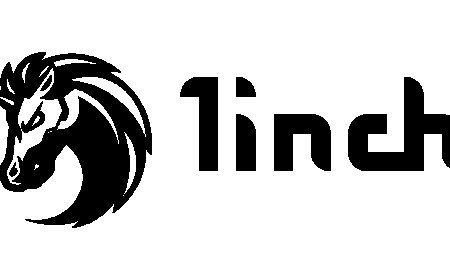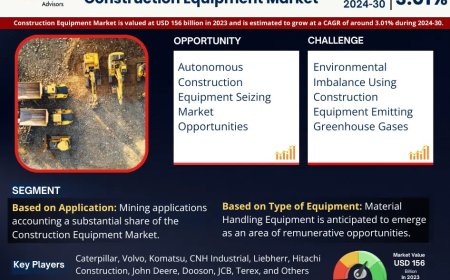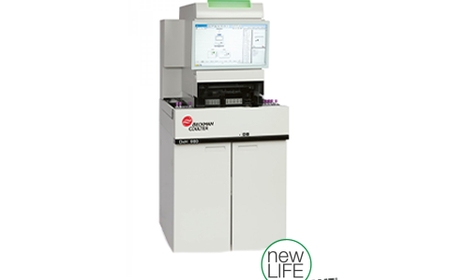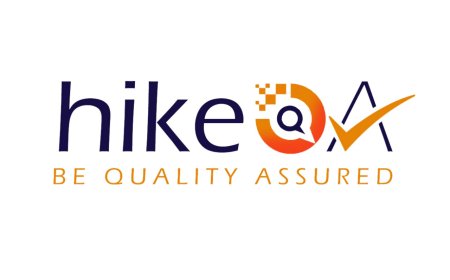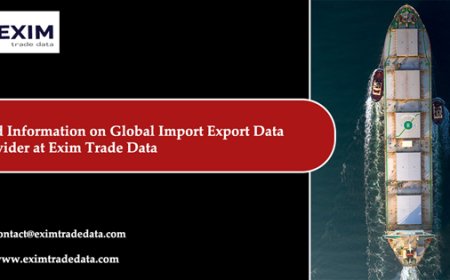How Technology Is Simplifying Customs Clearance for Modern Businesses
In today's global trade environment, customs clearance remains a vital process for companies involved in import and export. As international trade grows more complex, businesses are increasingly turning to technology to navigate regulatory frameworks, reduce delays, and improve compliance. Innovations in digital solutions have significantly streamlined the customs clearance process, making it more accessible, transparent, and efficient. One company leading this digital transformation is Masagaia, which provides smart logistics and customs solutions designed for the needs of modern enterprises. With the integration of advanced technologies, Masagaia is reshaping how businesses approach customs procedures, compliance, and documentation.

The Changing Face of Customs Clearance
Customs clearance is the gateway through which goods pass from one country to another. It involves several stages such as documentation submission, cargo inspection, tax calculation, and regulatory compliance. Traditionally, this process has been time-consuming, error-prone, and highly dependent on manual paperwork.
Modern businesses face increasing pressure to accelerate supply chain timelines. As a result, the need for automation, digital communication, and real-time updates in customs clearance has never been greater.
The Role of Technology in Transforming Customs Processes
With advancements in digital platforms, artificial intelligence, and cloud computing, the customs clearance landscape is evolving rapidly. Automated systems can now handle documentation, predict clearance timelines, and flag potential issues before they become costly delays.
Key technologies used in customs clearance include:
Electronic Data Interchange (EDI): Enables seamless data transfer between businesses and customs authorities.
AI-Powered Risk Management: Identifies high-risk shipments, reducing the chance of customs violations.
Blockchain Integration: Offers secure and transparent records of trade transactions.
Cloud-Based Customs Platforms: Allow remote access to documentation and compliance records from anywhere in the world.
Real-Time Tracking and Visibility
One of the most significant improvements technology brings to customs clearance is real-time tracking. Businesses can now monitor their shipments from origin to destination with full transparency. Delays at customs can be flagged instantly, allowing companies to respond quickly and keep clients informed.
Masagaia integrates real-time tracking into its logistics ecosystem, offering clients full visibility into their customs clearance status. This transparency reduces anxiety, enhances trust, and allows better planning and communication across supply chains.
Automated Documentation and Error Reduction
Filing customs declarations, submitting invoices, and managing permits can be overwhelming. Errors in documentation are one of the leading causes of customs delays. Digital platforms can auto-fill and validate customs forms, minimizing the risk of human error.
Masagaias system simplifies document handling by offering a unified portal where all trade documents are managed digitally. This automation not only saves time but also ensures that businesses remain compliant with local and international customs regulations.
Compliance and Regulatory Management
Staying compliant with ever-changing global trade laws is a challenge for any business. With technology, customs clearance platforms can keep track of regulatory changes and update processes accordingly.
Masagaias compliance tools are built to adapt quickly to new regulations. This ensures that clients avoid fines, penalties, and shipment rejections, which can significantly impact their operations and reputation.
Integrating Customs Clearance with Supply Chain Management
In the past, customs clearancewas treated as a separate stage in the logistics chain. Today, businesses realize the value of integrating customs procedures with broader supply chain management. This integration enables a smoother transition of goods through various checkpoints.
Masagaia connects customs clearancewith freight forwarding, inventory tracking, and last-mile delivery services. This holistic approach improves efficiency, reduces cost, and enhances the agility of the supply chain.
Sustainability and Paperless Operations
Customs clearance traditionally involved extensive paperwork, resulting in slow processing and environmental waste. With digital solutions, companies can adopt paperless processes, reducing their carbon footprint while accelerating transactions.
Masagaia promotes sustainable logistics through paperless customs clearance systems, aligning with the growing demand for environmentally responsible business practices.
The Future of Customs Clearance Is Digital
As global trade continues to evolve, the importance of efficient and compliant customs clearance cannot be overstated. Businesses that embrace technology are better positioned to navigate regulatory complexity, reduce delays, and maintain competitive advantage.
Masagaia stands at the forefront of this transformation, empowering companies with smart, automated, and integrated customs solutions. By reducing friction and increasing visibility, technology is redefining how modern businesses approach international logistics and customs procedures.
Conclusion
Customs clearance no longer needs to be a bottleneck in international trade. With the rise of innovative digital tools and intelligent systems, businesses now have the opportunity to simplify and optimize their customs processes. Companies like Masagaiaare setting new standards by offering cutting-edge solutions that combine automation, compliance, and sustainability. Embracing this digital shift is not just a choiceits a strategic necessity for any modern enterprise engaged in global commerce.











